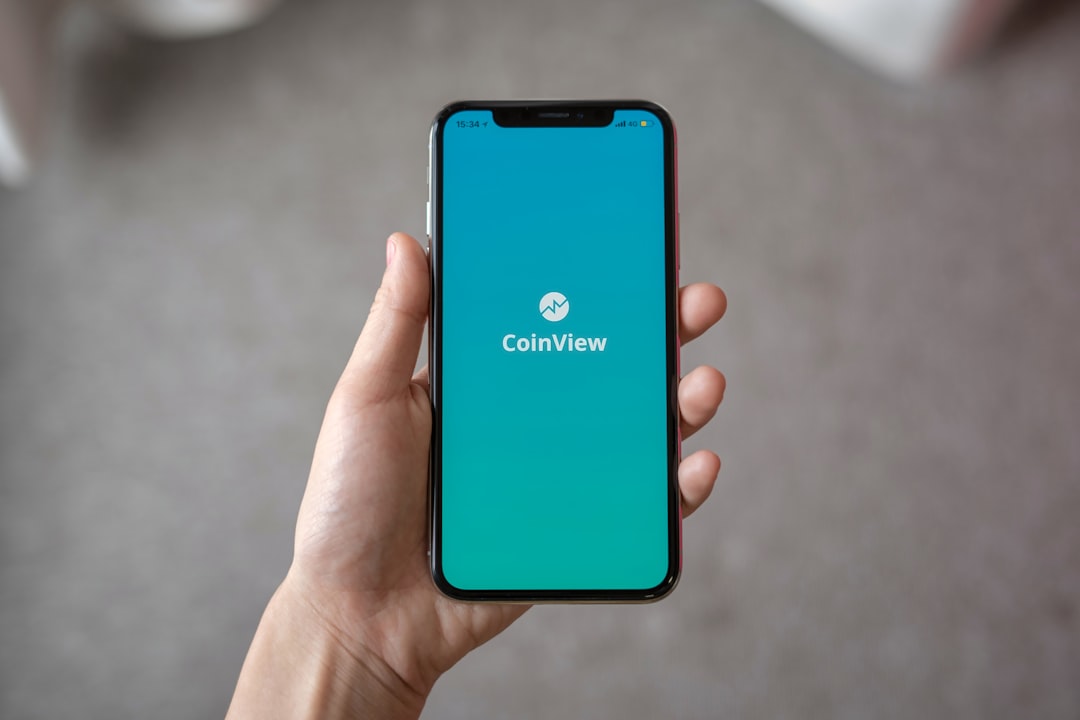North Dakota's Spam Call Laws protect residents from unwanted telemarketing. A Spam Call law firm assists in navigating these rules, which require explicit consent for advertising calls. Residents can register through phone, mail, or electronic methods to prevent spam. Electronic registration offers convenience, accuracy, and enhanced security. Confirming registration and updating contact info are crucial. Regularly check official updates and maintain current data.
In North Dakota, residents now have powerful tools to combat unwanted spam calls thanks to the state’s stringent Spam Call Laws. This comprehensive guide explores how North Dakotans can protect themselves by understanding and utilizing registration methods including phone, mail, and electronic options. Learn the benefits of electronic registration, discover strategies to avoid nuisance calls, and gain insights into effective post-registration communication. Stay informed with this essential resource from our spam call law firm in North Dakota.
Understanding North Dakota's Spam Call Laws

In North Dakota, understanding and adhering to the state’s Spam Call Laws is essential for both residents and businesses alike. These laws are designed to protect citizens from unwanted and intrusive phone calls, commonly known as spam. A Spam Call law firm in North Dakota can offer valuable guidance on navigating these regulations.
North Dakota’s legal framework restricts automated or prerecorded calls, often associated with telemarketing and advertising purposes, without prior explicit consent. Residents have the right to refuse registration in such call lists, and any violation of this can lead to legal repercussions. Staying informed about these laws ensures that residents’ privacy is respected while allowing businesses to maintain effective marketing strategies within the legal boundaries set by the state.
Registration Methods: Phone, Mail, & Electronic

Residents in North Dakota have various options for registering their participation, adhering to the state’s strict anti-Spam Call laws. Phone registration involves a direct interaction with a dedicated support line, ensuring convenience and immediate assistance. This method is particularly appealing for those who prefer a more personalized approach or face challenges with electronic systems.
For those who opt for traditional methods, mail registration offers a straightforward process. It entails filling out the necessary forms and submitting them via postal services, making it accessible to individuals without easy access to digital resources. Alternatively, electronic registration allows residents to complete the process online, leveraging the benefits of modern technology while ensuring their data security in compliance with North Dakota’s privacy regulations.
How to Avoid Unwanted Calls and Messages

To avoid unwanted calls and messages, residents of North Dakota should familiarize themselves with the state’s Spam Call laws. First, register for Do Not Call lists at both the state and federal levels. This includes the National Do Not Call Registry as well as any relevant local or community lists. By doing so, you’re signaling to marketers that you don’t want to be contacted.
Additionally, be cautious when sharing your phone number online or with unknown entities. Review privacy settings on your devices and social media platforms to limit access to your contact information. If you receive spam calls or messages, document the details—including the caller’s number, frequency of calls, and any identifying information—and report them to a reputable law firm specializing in Spam Call laws in North Dakota. This not only helps protect yourself but also contributes to broader efforts to curb intrusive marketing practices.
Benefits of Electronic Registration for Residents

Residents in North Dakota now have a convenient and efficient way to register their details with various services, thanks to electronic registration options. This modern approach offers numerous advantages over traditional methods like phone or mail. Firstly, it reduces the risk of errors that can occur during manual data entry, ensuring accurate information is captured and stored. This precision minimizes instances of miscommunication, which could potentially lead to unnecessary hassles for both residents and service providers, especially considering the complexities of today’s digital landscape and the implications of the Spam Call law.
Moreover, electronic registration enhances security measures by employing encryption techniques to safeguard sensitive data. This method provides a secure platform, ensuring resident information is protected from unauthorized access. With the convenience and safety it offers, this system encourages wider participation in community services, as residents can effortlessly register for events, programs, or initiatives, fostering a more connected and engaged society.
Effective Communication: Post-Registration Steps

After successfully registering, residents should receive a confirmation from the relevant authority or a local Spam Call law firm in North Dakota. This step is crucial for ensuring accurate record-keeping and effective communication. It’s important to keep an eye on your mail and emails for any official updates or reminders related to your registration.
Following registration, prompt action is essential. Residents must update their contact information if there are any changes to ensure they remain accessible. This includes keeping phone numbers and email addresses current, especially during peak registration periods when effective communication can help prevent important notifications from being missed.






